The Climate Toolkit- Climate Leadership Meets Collaboration
By Richard V. Piacentini
The climate crisis is one of the biggest challenges facing the world today, and the leadership and staff of our cultural institutions— from senior leaders to staff members in facilities management, communications, curatorial, and other disciplines— can play an essential role in addressing it. Through the collective action of botanical gardens, museums, and zoos worldwide, our institutions can tackle these issues on an unprecedented scale. We can further leverage this action by encouraging our collective constituents—more than 500 million visitors per year—to take action themselves. Transformation isn’t easy, but it becomes easier when organizations work together to help one another. This is where the Climate Toolkit comes in.
The Climate Toolkit (climatetoolkit.org) was created as a collaborative opportunity and resource hub for collections-based cultural organizations who want to share information, mentor one another, learn how to aggressively address climate change, a collaborative opportunity and resource hub for collections-based cultural organizations who want to share information, mentor one another, learn how to aggressively address climate change, and inspire the communities they serve to follow their lead. The Toolkit embraces 31 goals for addressing climate change within the categories of energy, food service, water, transportation, waste, landscapes and horticulture, investments, internal and external engagement, and research. To date, the Climate Toolkit involves 55 organizations, serving more than 43,457,000 annual visitors.
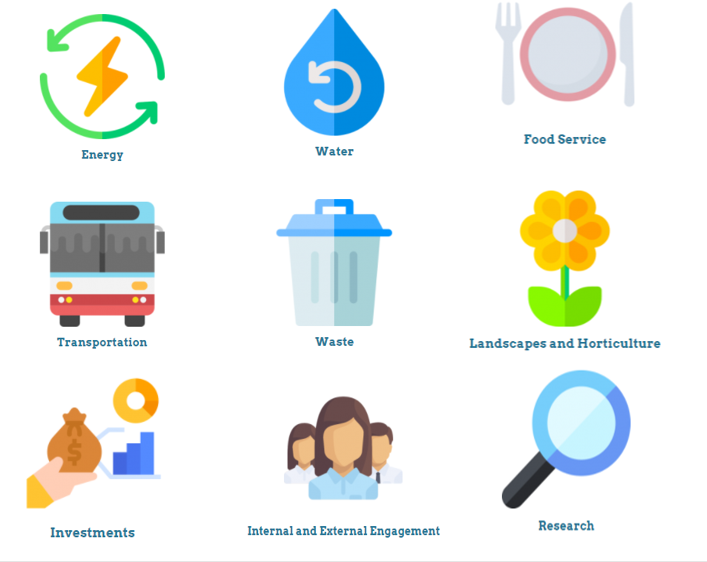
The Toolkit was created with the understanding that every organization is different, every community is different, and every bioregion is different, and that each will have to prioritize the areas that are most important for them to address. This means that sustainability initiatives will be as unique as each institution. Indeed, they must reflect the real-life local conditions of the institution’s region, if they are to have a multiplier effect within the communities they serve.
In many years of spearheading sustainability initiatives at Phipps, we have found that we cannot combat climate change through the action of a single institution or a single individual. We need to work together. Our education, facilities, sustainability, marketing, horticulture and other departments have been essential in helping establish best practices, and have continued to address climate change while remaining active in the community. If public institutions and their professionals work together collectively, we can share valuable information and successful models, help to answer each other’s questions, and support one another on our sustainability journeys.
The Climate Toolkit helps participants achieve their goals by initiating discussions across several different platforms. The Toolkit conducts educational interviews about sustainability initiatives with institutions that have achieved their goals, produces guides on specific climate-related topics, and hosts interactive webinars to keep the conversation going. The Climate Toolkit works directly with institutions to create informational articles that describe the process of completing specific efforts, including
where to start, what to expect, and how to overcome specific challenges.
Our public institutions have been working hard toward their goals and making a difference within their communities, and our collective knowledge and interconnection are already proving to be our greatest resources. Some examples of recent content include resources to help reduce plastics consumption, a how-to guide on completing energy audits, an interview on the benefits of green teams, how to purchase renewable energy, and more!
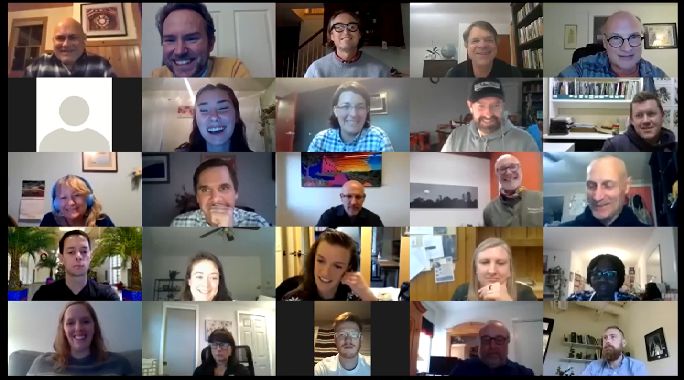
Webinars are also created to facilitate live discussion, answer questions institutions might have, and present new information. We want our resources to be accessible to every public institution. All of the webinars, articles, guides and other resources are public and free to all institutions—even to those
not yet a part of the Climate Toolkit. To help continue the discussion on climate action, the Climate Toolkit features numerous tools to help participants connect and ask questions. A listserv was also recently created to allow for private conversations about sustainability challenges, to let our participants connect quickly across different time zones, and to present questions to our institutions about specific climate-related efforts.
The Climate Toolkit encourages discussion and conversation at every stakeholder level, including guests, board members, donors, and employees. The Climate Toolkit is also working diligently to start conversations about climate change with our youth in the Pittsburgh area: a Youth Climate Advisory Committee comprised of 20 local high school and college-age students has been initiated to encourage climate dialogue and action as a model for others. Eventually we hope to help other institutions create similar youth committees that could be linked together through the Toolkit.
A technical advisory committee was also created to help review and give feedback on the informational pieces and guides the Toolkit creates. As the Toolkit expands internationally, and across time zones and bio-regions, we will create additional task forces to help make sure the information is relevant to all of these institutions.
Botanical gardens, zoos and museums are trusted public institutions that have evolved to meet the needs of their specific bio-regions and communities, presenting an opportunity for leadership within their communities in relation to human and environmental health issues. Collectively, public institutions can have a profound impact in addressing climate change, by getting to the root of the problem, addressing human lifestyles, and working to make lasting change.
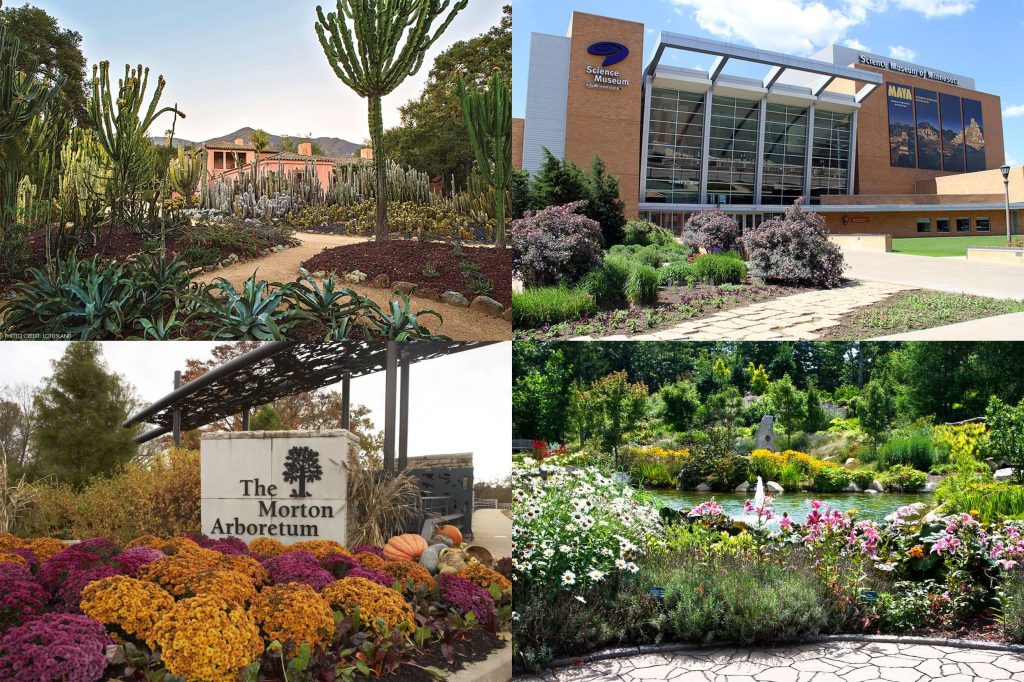
The leadership of each garden, museum and zoo must address the root causes of the unique environmental issues our communities face, and must do so in a way that can be replicated and amplified to guests. As facilities professionals, you work in numerous areas that can directly address climate change, including waste management, and energy and water consumption, which are critical areas for your institution. You have a unique opportunity to look within your operations and create change that can significantly reduce carbon emissions on your campus and inspire your visitors. When you become a steward of sustainability, you can address vital issues while setting an example for others to change the way they interact with the rest of the world.
There are numerous ways to get involved with our work if your institution is not yet ready to join the Climate Toolkit. For example, you can visit climatetoolkit.org and sign up for our newsletter, which will keep you in the loop on new articles, upcoming webinars, and other work. When you’re ready, our team is here to help you register your institution with the Toolkit and declare a focus area that works for you. We look forward to connecting further—there’s no limit to what we can accomplish together.
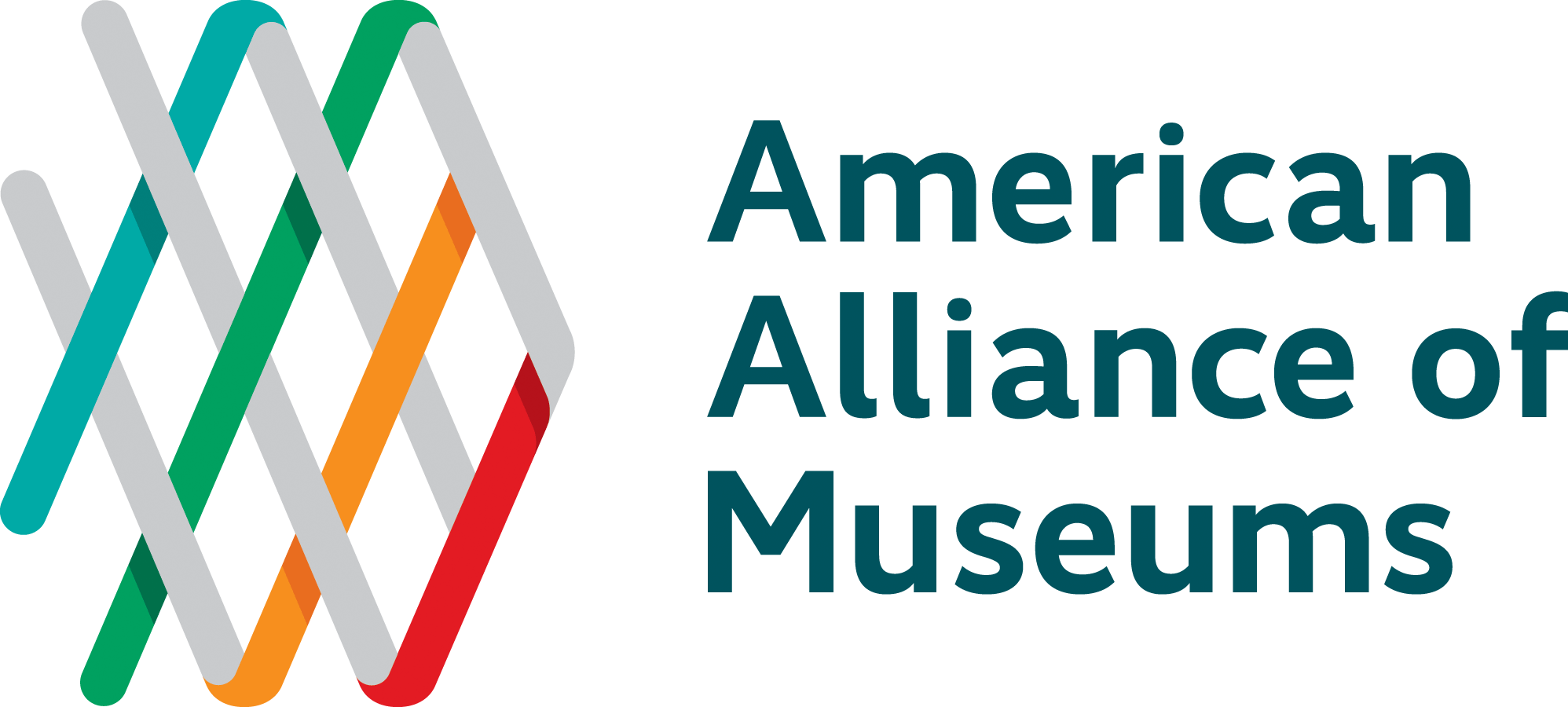

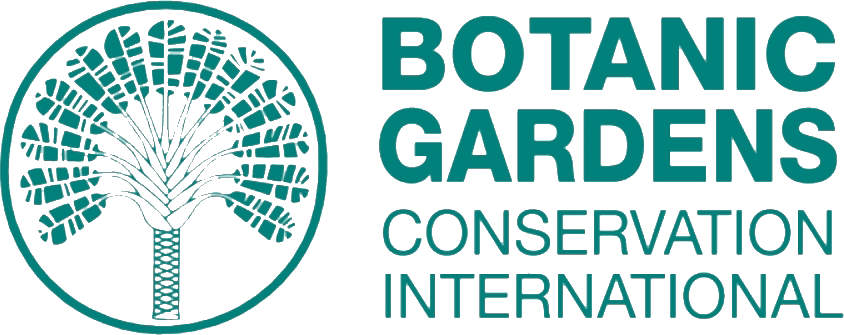



Recent Comments